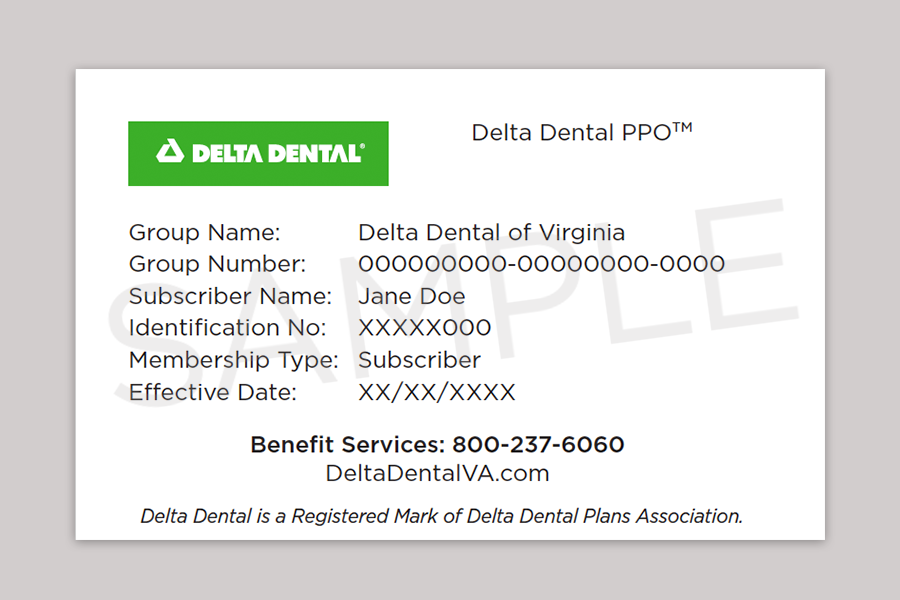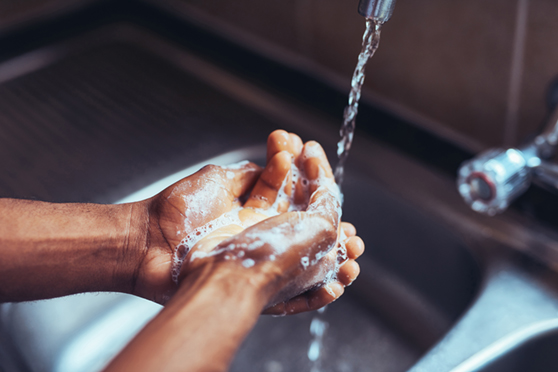Staying healthy
We recommend practicing appropriate hygiene by washing your hands frequently. If you sneeze or cough, cover your nose and mouth with a tissue or your sleeve. If you don’t feel well, please stay home. There is a strong connection between oral health and overall health, so it’s important to keep up your oral health routine to stay healthy, especially since gum disease may weaken your immune system. Being proactive about your oral health — while it may not prevent you from getting sick — may help keep your body’s natural defenses strong.


